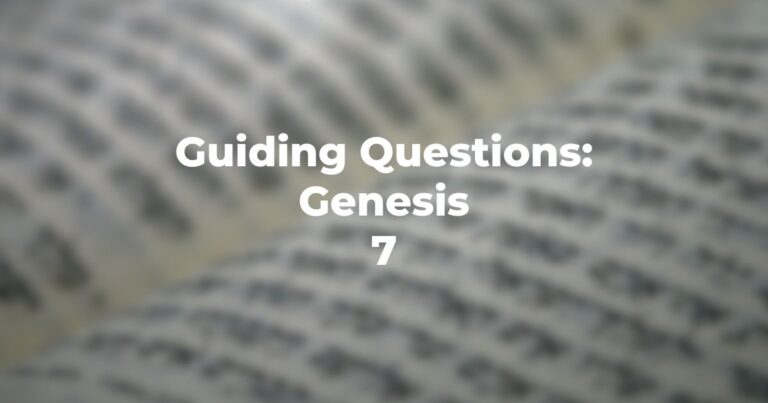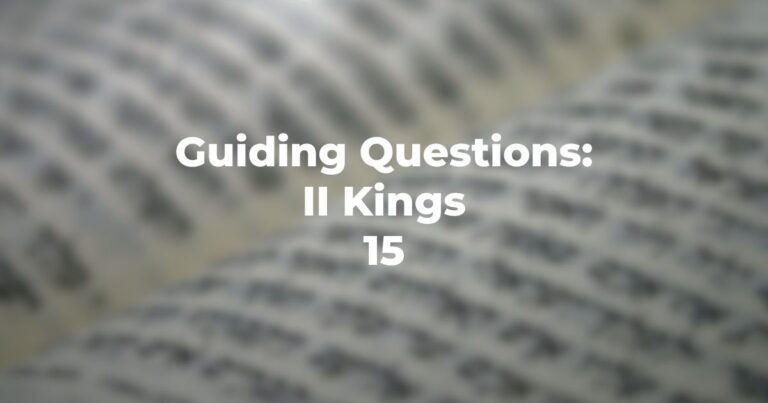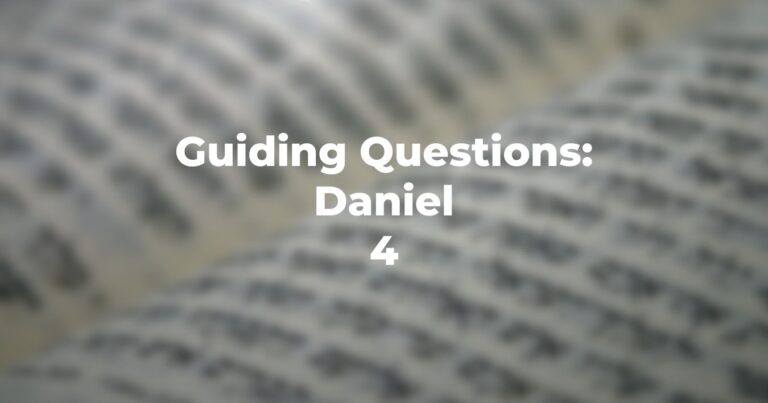- This chapter is ascribed to Moses as his final oration. Does it so state, or is that the way in which one is to understand the end of Deuteronomy 31?
- Aside from the remarkable poetry, there are a number of central thoughts—as, for example, Deuteronomy 32:8.
- Who or what is Elyon?
- What is meant by “the portion of Adonai is his people?”
- And in what wilderness land did God find the people?
- Does Deuteronomy 32:12 clearly indicate a monotheistic stance?
- What became of the Israelites (or will become of them) when there was great prosperity (Deuteronomy 32:15-18)?
- Where has the thought of Deuteronomy 32:20 appeared previously—and what is its currency in our day?
- How are the Israelites described in Deuteronomy 32:28?
- What theological principles are clearly enunciated in Deuteronomy 32:39?
- Are Deuteronomy 32:41-42 to be understood in any manner in a literal sense?
- What is the final reference to Divinity in Deuteronomy 32:43?
- According to Deuteronomy 32:44 et seq, was it Deuteronomy 32 that Moses shared with the people or the legislation in the prior chapters—or both?
- According to Deuteronomy 32:49, will Moses see the land which he will not enter?
- What is the command given to Moses in Deuteronomy 32:49?
- And what reason is given in Deuteronomy 32:51 for Moses’ death outside of the “promised land”?
Author
-

Exploring Judaism is the digital home for Conservative/Masorti Judaism, embracing the beauty and complexity of Judaism, and our personal search for meaning, learning, and connecting. Our goal is to create content based on three core framing: Meaning-Making (Why?), Practical Living (How?), and Explainers (What?).
View all posts




